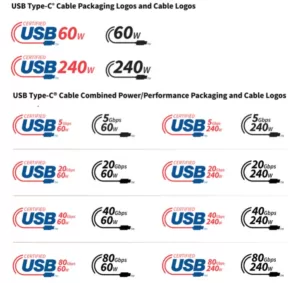
US Government Monitoring Nvidia’s Actions
Nvidia, the American technology giant, has been under close scrutiny by the US government due to its attempts to bypass restrictions on exporting high-performance accelerators to China. The United States has been actively working to limit China’s access to advanced AI chips since mid-2022. However, Nvidia has consistently responded to these restrictions by developing specially designed units that allow them to circumvent the constraints.
The Latest Warning from the US Secretary of Commerce
The recent statement from the US Secretary of Commerce, Gina Raimondo, suggests that Nvidia may face serious consequences for its actions. In an interview with Fortune, Raimondo directly criticized Nvidia and its approach to the market situation. She stated, “If you redesign a chip with a specific cut line that allows them to use artificial intelligence, I will take control of it the next day.” Raimondo emphasized that protecting national security is more important than short-term profits.
Protecting National Security
Raimondo’s strong stance reflects the US government’s commitment to safeguarding national security interests. The United States is concerned about China’s access to advanced semiconductors and AI technology, as it could potentially pose a threat to American interests. To prevent China from catching up in accessing the latest semiconductors, Raimondo called for additional funding from Congress.
Nvidia’s Response and Ongoing Developments
In response to the latest wave of sanctions related to the H800 accelerators and RTX 4090 cards, Nvidia has introduced “trimmed” versions of its H20, L20, and L2 units. Additionally, the company is reportedly working on the development of the RTX 4090D. However, these actions have not been well-received by American market regulators.
The Need for Stricter Controls
The US government’s concern stems from the belief that Nvidia’s efforts to bypass restrictions undermine the effectiveness of the imposed measures. Stricter controls are necessary to ensure that the limitations on exporting high-performance accelerators to China are upheld. The United States aims to maintain an advantage in advanced AI technology and prevent potential risks to national security.
The Role of Congress in Addressing the Issue
Raimondo’s call for additional funds from Congress highlights the need for a collective effort to address the challenges posed by China’s access to advanced semiconductors. By allocating more resources, the United States can enhance its ability to stay ahead in the race for technological supremacy and maintain control over the export of critical components.
Conclusion
The ongoing tensions between Nvidia, the US government, and China reflect the broader concerns surrounding national security and access to advanced technology. As the United States seeks to limit China’s access to AI chips, Nvidia’s attempts to bypass restrictions have drawn significant attention. It remains to be seen how the situation will unfold, but it is clear that protecting national security will remain a top priority for the US government.








